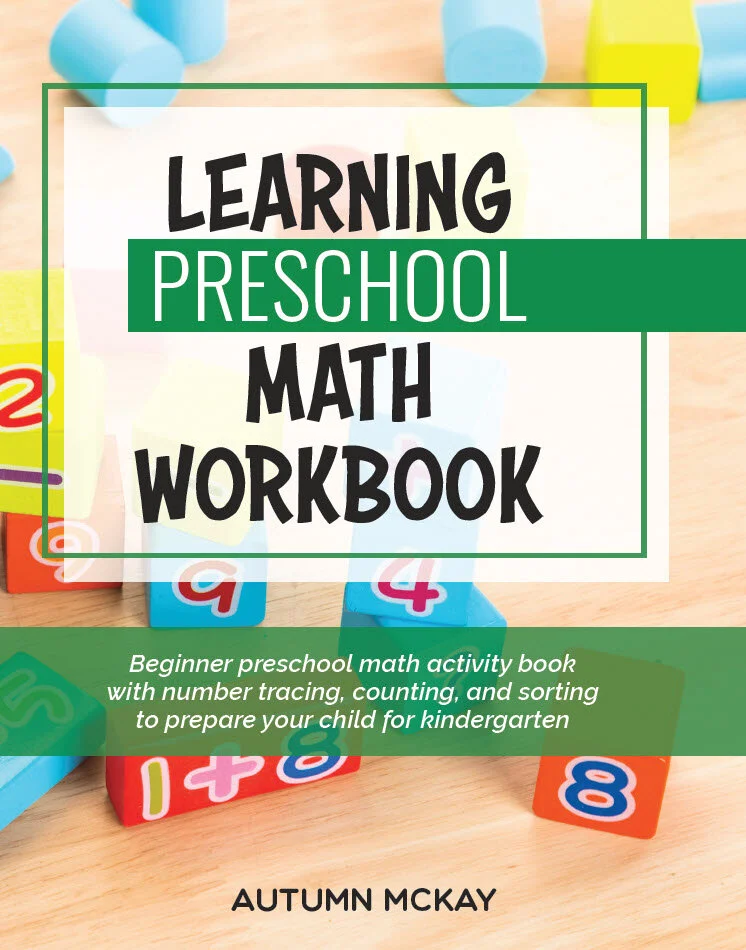Benefits of Learning for Preschoolers
Is it beneficial for me to create a learning time with my child? Won’t they have that at preschool? Do I really need to teach them stuff before kindergarten? Isn’t that what kindergarten is for?
Benefits of Learning Time
Did you know that 90% of a child’s brain develops by age 5?! Almost all of a child’s brain is developed before they even reach kindergarten! C-R-A-Z-Y!
I wish Bill Nye the Science Guy (please tell me you know who I’m talking about) would pop up right now and tell you how a brain works with a cool demonstration, but you’re stuck with me. So let’s see if I can explain this clearly.
When a baby is born, they are born with all of the neurons (brain cells) that they will have for the rest of their life. Although most of the brain’s neurons are present at birth, the neurons are not mature. Neurons have branches called dendrites and axons that transfer information from neuron to neuron. These branches of the neurons are really crucial in brain development. They help messages get from neuron to neuron through connections. The number of connections increases dramatically as a child is exposed to things around them. If the connections are used regularly, then they stay. But if the connections aren’t used, they are pruned and die off. The more stimulation or exposure to experiences a child has, the stronger the connections become—meaning it becomes stored in their brain. It’s much harder for these connections to be formed later in life.
What you do during these formative years can have a profound impact on your child’s development. Loving interactions with parents or caregivers help prepare a brain for learning. Every time you play cars, read the same book for the 687th time, sing The Wheels on the Bus, cook, fold clothes, garden, build a sand castle, color princess pictures, do an educational activity, or simply talk with your child you are building connections in your child’s developing brain. And the more you do these activities the stronger these connections become. However, children learn best when instruction and educational activities are only a small portion of the day.
What is Activity Time?
When I say the phrase “activity time” I am referring to activating or stimulating a child’s body and/or brain. This typically means something hands-on where the preschooler is engaged in reading, running, climbing, coloring, cutting, pouring, jumping, cooking, etc. Activity time does not mean watching an educational show or playing an educational game on a device(but we will save that for another time).
Why Create Activity Time with your preschooler?
I asked my son why activity time was important, and he said, “Because we learn.” So simple, but so true.
If you start activity time before your child has a fully developed brain, imagine all of the connections you can form and strengthen by the time they are 5! Not only does having activity time help prepare your child for kindergarten, but it also prepares them for their future school career. Children that have education time prior to kindergarten scored higher on reading tests during subsequent school years. Children taught at an early age also benefit from enhanced attention spans. I don’t know about you, but that’s a big plus in my mind!
If you have any questions about activity time or are interested in starting your own activity time please see below for my low-prep activity books to help get you started!





















